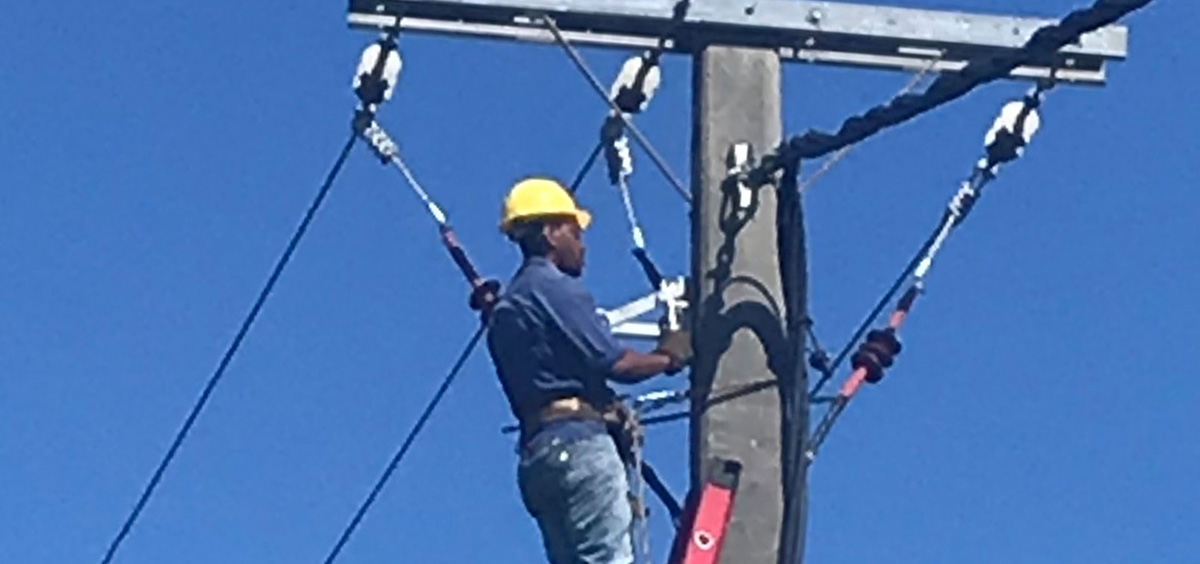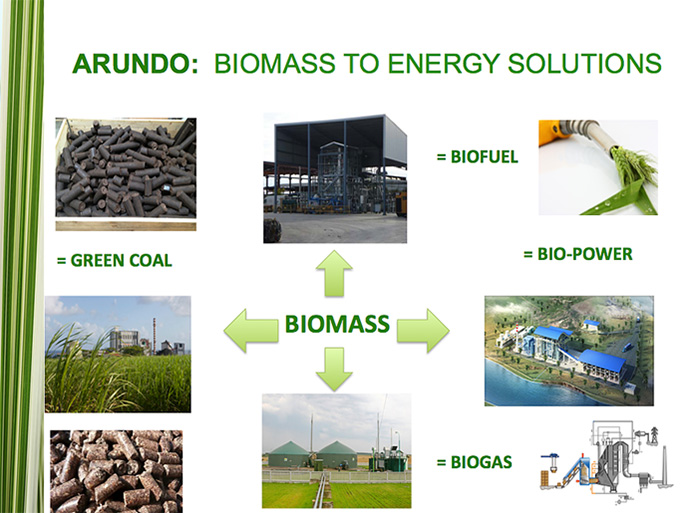“Biomass is proven to be an effective way to sequestrate vast amounts of carbon, and to provide an optimum energy feedstock for Bio Energy production, providing an invaluable mitigation solution to Climate Change”.
BIO ENERGY SECTOR ECONOMICS
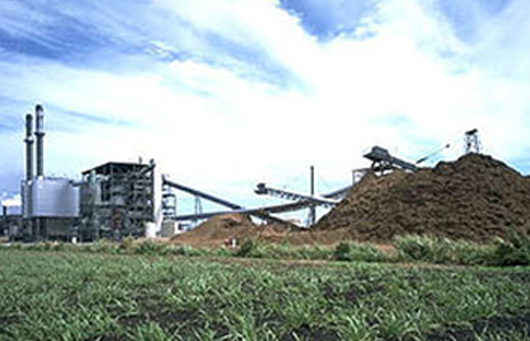
The global consumption of non-renewable resources has accelerated to a point that threatens the world in social, economic and environmental terms and is gradually leading to energy insecurity and climate change which must be addressed through many approaches and in all world regions. In Mauritius, yet found to contain no fossil fuel reserves, the exploitation of renewable energy resources is increasingly being considered as a pivotal solution to reduce the country’s high dependence on imported fossil fuels for meeting its increasing energy needs and simultaneously addressing key environmental concerns. Given that energy demand would generally continue to increase with sustained economic development and on the other hand supply is getting scarcer and more costly, locally available renewable energy resources could to a certain or even large extent relieve the pressure on the use of imported fossil fuels and the local economy.
BIO ENERGY SECTOR DYNAMICS
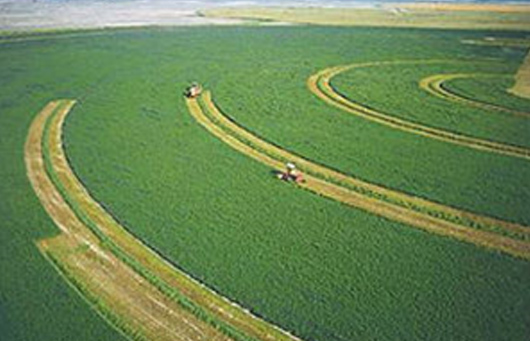
Any biomass to energy project succeeds or fails to a greater degree on its ability to source and maintain a regular and consistent supply of high quality feedstock. The Equilibre Bio-Energy project, together with any of its technology solutions is no different in this respect and because of this fact considerable time and effort has been allocated to the understanding and development of the most appropriate feedstock system. This includes, but is not limited to assessing the role of feedstock within the value chain, the calculation of costs for rootstock propagation as well as the establishment and maintenance of production fields and the associated costs for harvesting and transportation. Furthermore, the issues of sustainability, price, attractiveness to local growers, and stability of supply as well as any perceived vulnerability have all been researched. This brief outline aims to address all of the issues mentioned above in a logical and systematic manner.
The integration of arundo donax production for supply of energetic biomass feedstock creates an additional agricultural sector activity thus boosting further economic growth while providing employment to the farmer community. Many planters have abandoned their land or are no longer able to cultivate with acceptable returns. The low cost and simplified farming methods linked to the culture of arundo donax will allow these planters to retrieve sustainable attractive income and to again generate profits from their land. This in turn will secure long-term interest from local farmers to produce arundo donax feedstock for Equilibre to produce its renewable energy in the form of biofuels and electrical power. Marginal or less desirable agricultural land may still be suitable for growing the naturally adaptable arundo donax energy plant and can generate revenues. Such opportunity will assure support from both the Mauritian Government and its rural community.
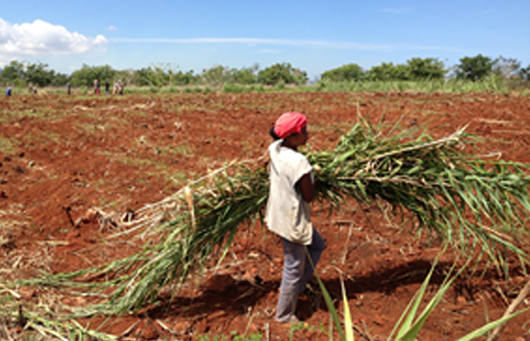
In response to the Government of Mauritius initiative to move away from its dependency on imports of costly and environmentally non-sustainable fossil fuels, the solution presented in this website would allow the progressive move from imported non-renewable fuels to locally produced renewable bioenergy fuels while at the same time creating a whole new sector of economic activity: producing “Made in Moris” green energy. This model would encourage many planters that are no longer involved in the production of sugar cane to revive their distressed agricultural business and return swiftly into reasonable profits for many years to come. The low cost of production of the feedstock as demonstrated in this document would not only ensure the long-term supply of an affordable renewable clean fuel but would also at the same time create employment opportunities.
